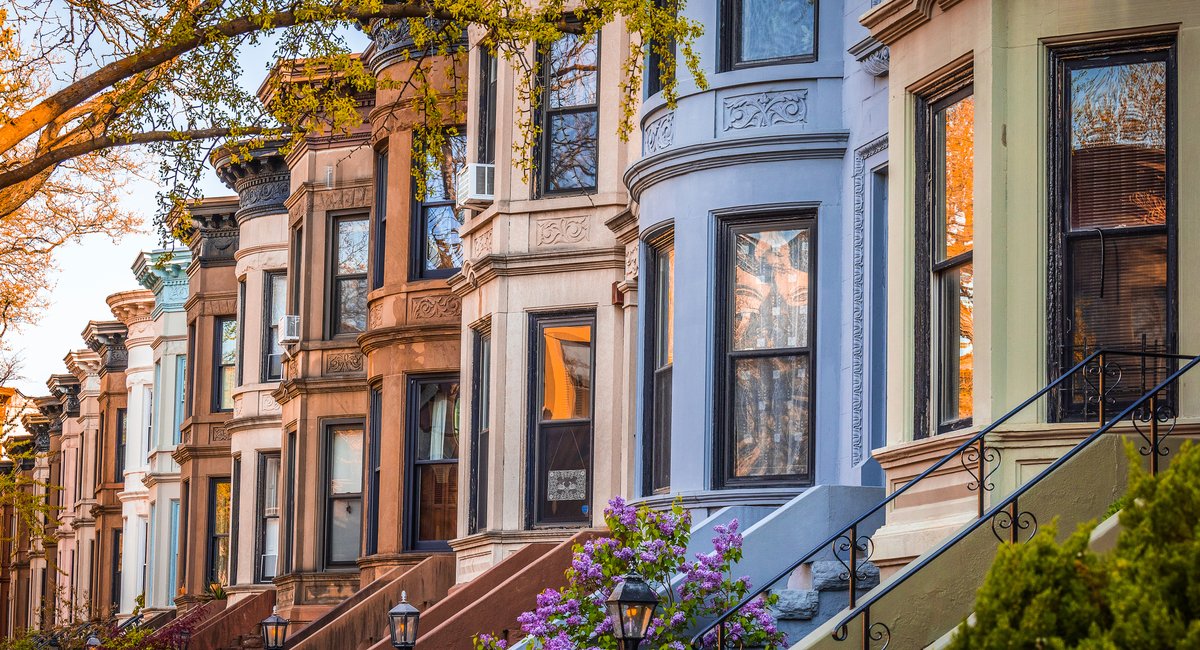An ambitious proposal to add tens of thousands of new homes across the five boroughs has picked up a key endorsement – from Queens Borough President Donovan Richards.
Richards on Monday announced his conditional support for the Adams administration’s “City of Yes” housing proposal, becoming the final borough president to weigh in on the highly contested plan, which aims to expand the city’s housing stock by 100,000 units by loosening zoning restrictions.
“Queens and New York City as a whole are facing housing and affordability crises the likes of which haven’t been seen in generations,” Richards said in a statement, adding that “the only realistic solution is to build more affordable housing as rapidly and strategically as possible” while also taking into account the “significant concerns” expressed by community boards, many of which have rejected the plan.
According to the Department of City Planning, the City of Yes initiative would allow a number of significant zoning changes, including the ability for developers to make buildings in high-density neighborhoods 20% bigger if the extra units were devoted to affordable housing.
Another change would enable more office-to-residential conversions, which are largely limited to buildings built before 1961 and in just a handful of areas. If passed in its current form, the plan would allow homeowners in low-density neighborhoods to more easily add extra units known as accessory dwelling units on site, including garage conversions, backyard cottages and basement apartments.
The plan now heads to the City Planning Commission for a September vote, before going to the City Council, which will hold its own public hearing before holding a vote by year’s end.
Mayor Eric Adams called Richards’ endorsement a “significant milestone” as it meant that four of five borough presidents have approved the massive rezoning proposal.
“Today, our partners in government have proudly said ‘yes’ to becoming a ‘City of Yes,’ and have joined us in taking the necessary steps to tackle our housing and affordability crises head on,” Adams said in a statement, adding that the city faces a “once-in-a-generation housing crisis.”
The lone exception among borough leaders was Vito Fossella, the Staten Island borough president, who opposed City of Yes.
“The proposal may make sense in other parts of the city, but it does not make sense here, if we wish to preserve much of what we have,” Fossella told the Staten Island Advance in July.
In announcing the City of Yes initiative last year, Adams said the plan would produce an additional 100,000 homes for a quarter-million New Yorkers.
The city produced far more housing in the first half of the 20th century than it has in the last half century. In the 1920s alone, 729,000 homes were built across the city, according to the Department of City Planning. In contrast, only 722,000 homes were built between 1970 and 2019.
“Over time, we have created more and more barriers to building the kind of housing that people need in every corner of the city,” read a 2023 City Planning report, City of Yes for Housing Opportunity. “When more people need homes than are available, rents go up, landlords have more leverage, and disadvantaged tenants are forced into lower-quality living situations or homelessness.”
So far, 28 of the city’s 59 community boards have issued “unfavorable” recommendations in response to City of Yes, according to an Aug. 22 analysis by City Limits, with 16 issuing favorable “with conditions” and just two issuing “favorable” decisions.
Nonetheless, Manhattan Borough President Mark Levine, who endorsed the housing plan, said he was optimistic about its prospects and that recent developments represented “a sea change in the politics of housing in New York City in recent years.”
“During the last major zoning change a decade ago almost every community board in the city voted to disapprove,” Levine said. “This time City of Yes has won support from most Boards in Manhattan and waterfront Brooklyn and Queens. This change is the result of one thing: more and more New Yorkers are desperate for housing and realize we need to build more.”
Richards’ approval, which followed an Aug. 8 public hearing he held, came with recommendations. These included the establishment of a $1 billion fund that would help legalize basement apartments and bring them up to code and allowing the creation of parking at developments near major transit hubs to remain optional.
Rachel Fee, the executive director of New York Housing Conference, said she expected the Adams administration and City Council to take Richards’ recommendations “very seriously” as they negotiate further changes to City of Yes.
“We simply don’t have enough supply to meet demand,” Fee said. “Without updating our outdated zoning code, new construction supply will continue to be inadequate, and prices will continue to rise.”
